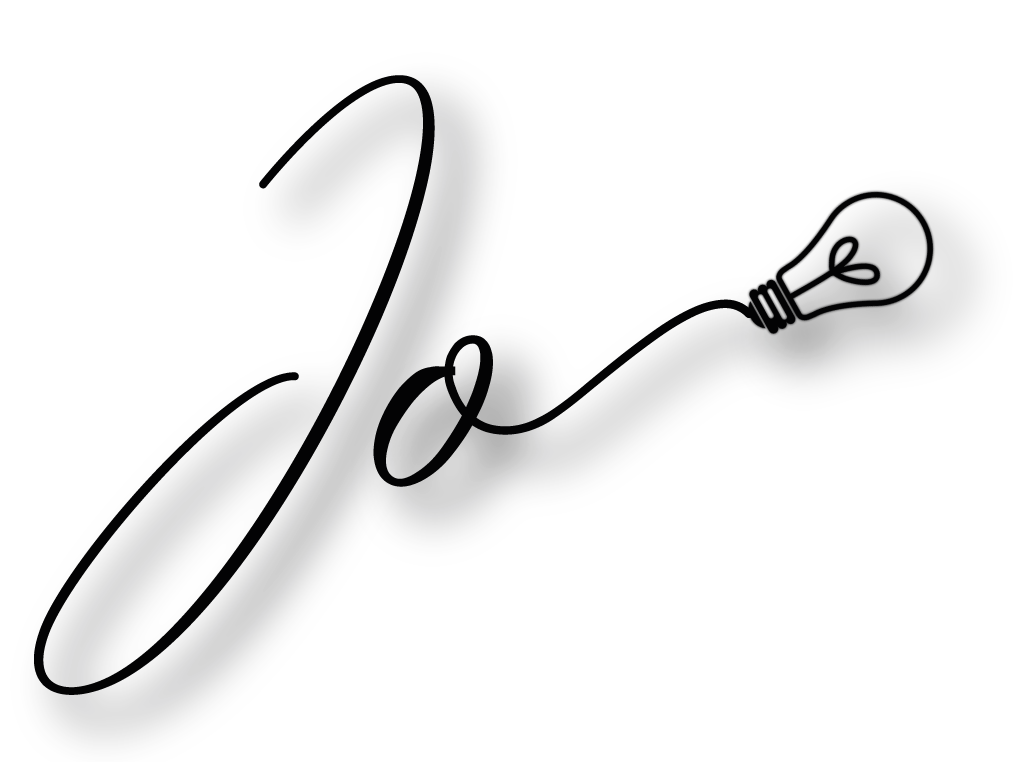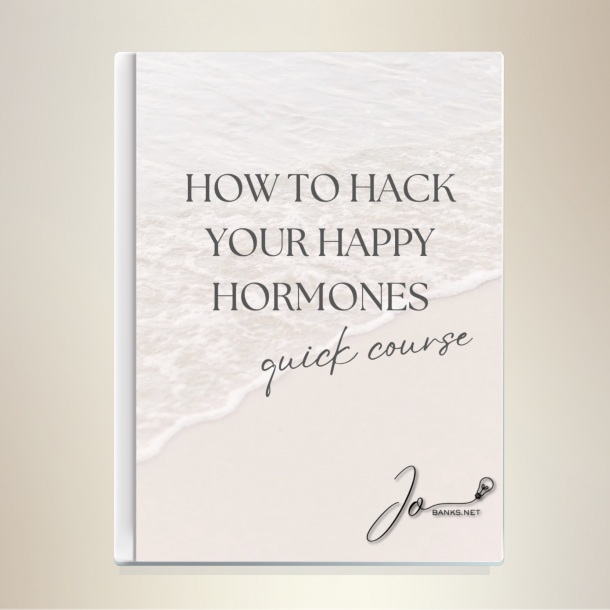Audio Version (11:06)
Imagine waking up one morning with a unique opportunity: the chance to fire yourself from your own life and start anew.
In this thought experiment, you gain the power to examine your habits, behaviours, and choices objectively.
What would you choose to leave behind?
What aspects of your life would you stop doing if you could seize this fresh start?
In this article, we’ll explore this concept and delve into seven changes you might consider making for a more fulfilling and purpose-driven life.
Click here to watch the extended YouTube version of this post. I’ve included timestamps so you can go quickly to the part you’re most interested in. Of course, I hope you’ll watch it all – and like, comment and subscribe!
1. Procrastination: The Thief of Time
Procrastination, the habit of delaying important tasks or decisions, is a common obstacle to personal growth and productivity.
If you fired yourself and began anew, you might prioritise eliminating this destructive habit. Procrastination often stems from fear, self-doubt, or a lack of motivation.
Starting afresh could involve adopting strategies to tackle procrastination head-on, such as setting clear goals, creating structured routines, and practising time management techniques.
The Tool
If procrastination is an issue for you (as it is for most of us), using the Five-Second Rule (Mel Robbins) can be particularly useful…
Our subconscious mind is always looking for threats. When we don’t want to do something, it’s typically because we sense some kind of pain will be attached, so we procrastinate (if we wanted to do the thing, we’d crack on!).
Within 5 seconds of thinking about doing something, our brain will come up with as many reasons why we shouldn’t do it as possible. To overcome that, occupy the part of the brain that’s coming up with the excuses by counting down aloud, 5.4.3.2.1., and launching yourself into action!
2. Negative Self-Talk: Replacing Criticism with Self-Compassion
Many of us engage in negative self-talk, constantly criticising ourselves and undermining our self-esteem.
If you had the chance for a fresh start, you might choose to silence this self-destructive inner dialogue. Replacing self-criticism with self-compassion and positive affirmations can be transformative.
Self-compassion encourages you to treat yourself with kindness, understanding that mistakes and imperfections are part of the human experience.
The Tool
Grab a pen and paper or a journal and physically write down answers to the following (avoid using your phone for this exercise):
What unempowering things are you saying to yourself?
Next to each unempowering statement, write something more compelling (and more truthful). These will typically be the opposite of your negative statements. These will be your new affirmations.
Next, write down all the evidence you can think of to support your more compelling statements. Doing this makes it easier for your brain to accept.
Repeat your new affirmations throughout the day. Over time and with enough repetition, your new statements (affirmations) will override the less empowering, outdated ones.
3. People-Pleasing: Learning to Prioritise Yourself
Constantly saying yes to others’ demands and expectations at the expense of your own well-being can lead to burnout and a sense of lost identity.
If you were to fire yourself and begin anew, you might decide to stop people-pleasing.
Setting healthy boundaries, communicating your needs, and prioritising self-care would be essential steps toward personal growth.
The Tool
When you find yourself wanting to go into ‘people pleasing mode’, ask yourself this powerful question:
Q: Am I doing this because I want them to like me? Or am I doing this:
a. Because it’s the right thing to do.’
b. I want to, or
c. Both!
4. Overthinking: Breaking Free from Analysis Paralysis
Overthinking can lead to anxiety, indecision, and missed opportunities.
Starting fresh might mean breaking free from the cycle of overthinking and learning to trust your instincts and make decisions more confidently.
This could involve mindfulness practices, such as meditation, to help you stay present and focused.
The Tool
If you find yourself overthinking, journaling is the second-best tool (the first is talking to someone else about your problem). It is clinically proven to have significant beneficial effects:
Write out your thoughts on paper (not your phone). You can use these journal prompts to help you:
What am I worrying about?
What could be good about this?
What are some actions I can take today to solve this problem?
5. Ignoring Your Health: Prioritising Self-Care
Neglecting your physical and mental health can have serious long-term consequences. If you were to take over your life from scratch, you might prioritise self-care, regular exercise, and a balanced diet to ensure you’re operating at your best.
Caring for your mental health, including seeking therapy or counselling when needed, could also be part of this fresh start.
The Tool
Consider weaving the following simple but effective tools into your daily routine. These are small things that over time make a big difference to your physical and mental health:
Eat one meal a day that contains nothing that was first prepared in a factory (i.e. use all fresh ingredients).
Get 10 minutes of daylight (not through a window and preferably within an hour of waking up).
Take a 10/15-minute walk.
Drink two litres of water.
Practise gratitude – Before you start your day and at the end of the day, think of three things you’re grateful for.
Practise deep breathing – 16-second breathwork is brilliant for reducing stress – breathe in through the nose for four counts, hold for two, breathe through the mouth for eight counts, hold for two. Repeat for three to five minutes.
6. Fear of Failure: Embracing Failure as a Learning Opportunity
The fear of failure can be paralysing, preventing you from taking risks and embracing new opportunities. Starting anew could mean embracing failure as a valuable learning experience.
Instead of seeing it as a setback, you might choose to view it as a stepping-stone on your path to growth. Embracing this mindset shift could open doors to new experiences and personal development.
The Tool
Use reframing. It is a brilliant tool that allows you to critically analyse a situation and take the learnings/positives from it. Again, grab your journal or a piece of paper and answer these questions about your situation:
1. What could be good about this?
2. What have I learnt?
3. What will I do differently?
4. Who can help me?
5. What haven’t I tried?
7. Clutter and Disorganisation: Streamlining Your Life
A cluttered physical and mental space can hinder productivity and personal growth.
Starting anew might involve decluttering your physical environment, organising your thoughts and priorities more effectively, and simplifying your life.
This streamlined approach can help you better focus on what truly matters.
The Tool
When we work on decluttering our physical environment, it often positively impacts our mental health. One thing I know for sure is that a cluttered environment usually indicates a cluttered mind.
Make a list of all the things that need to be decluttered, and start with the one that would most impact your physical or mental health. For example, it could be your desk drawer, car, or THAT drawer in the kitchen.
There are lots of decluttering videos available if you’re struggling. You may even consider paying someone to do it for you. Yes, it’s a thing!
The Wrap Up
While the idea of firing yourself from your own life is purely a thought experiment, it serves as a powerful exercise in introspection and self-improvement.
Reflecting on the habits, behaviours, and attitudes you would stop doing if given the chance to start fresh can be a valuable step toward personal growth and self-discovery.
You don’t need a hypothetical scenario to make positive changes in your life. By identifying areas for improvement and taking intentional steps to address them, you can embark on a journey of self-transformation and personal development.
Remember that every day offers a chance for renewal and growth, and it’s never too late to shape the life you desire.
So, what would you stop doing if you fired yourself today? Start making those changes now and watch your life transform.
What Next?
I NEED YOUR HELP!
I’m working towards achieving 500 subscribers and 3,000 watch hours on my YouTube channel. When I hit those targets, my channel will be monetised, and I will receive a portion of the ad revenue.
Therefore, if you enjoy my videos, please like, subscribe and click the notification button on my channel. It doesn’t cost you a penny, and I don’t see your information if you’ve opted to keep it private. However, it will help me hit the threshold to receive ad revenue from YouTube. Click here to help me out!
Finally, if you would like a complimentary, confidential coaching discovery call with me, please DM or contact me at jo@jobanks.net.
I work with clients at all levels, from all backgrounds and sectors, supporting them in every aspect of their lives. However, I particularly specialise in burnout, menopause, neurodiversity and productivity/goal achievement.
As always, thanks for your continued support.




